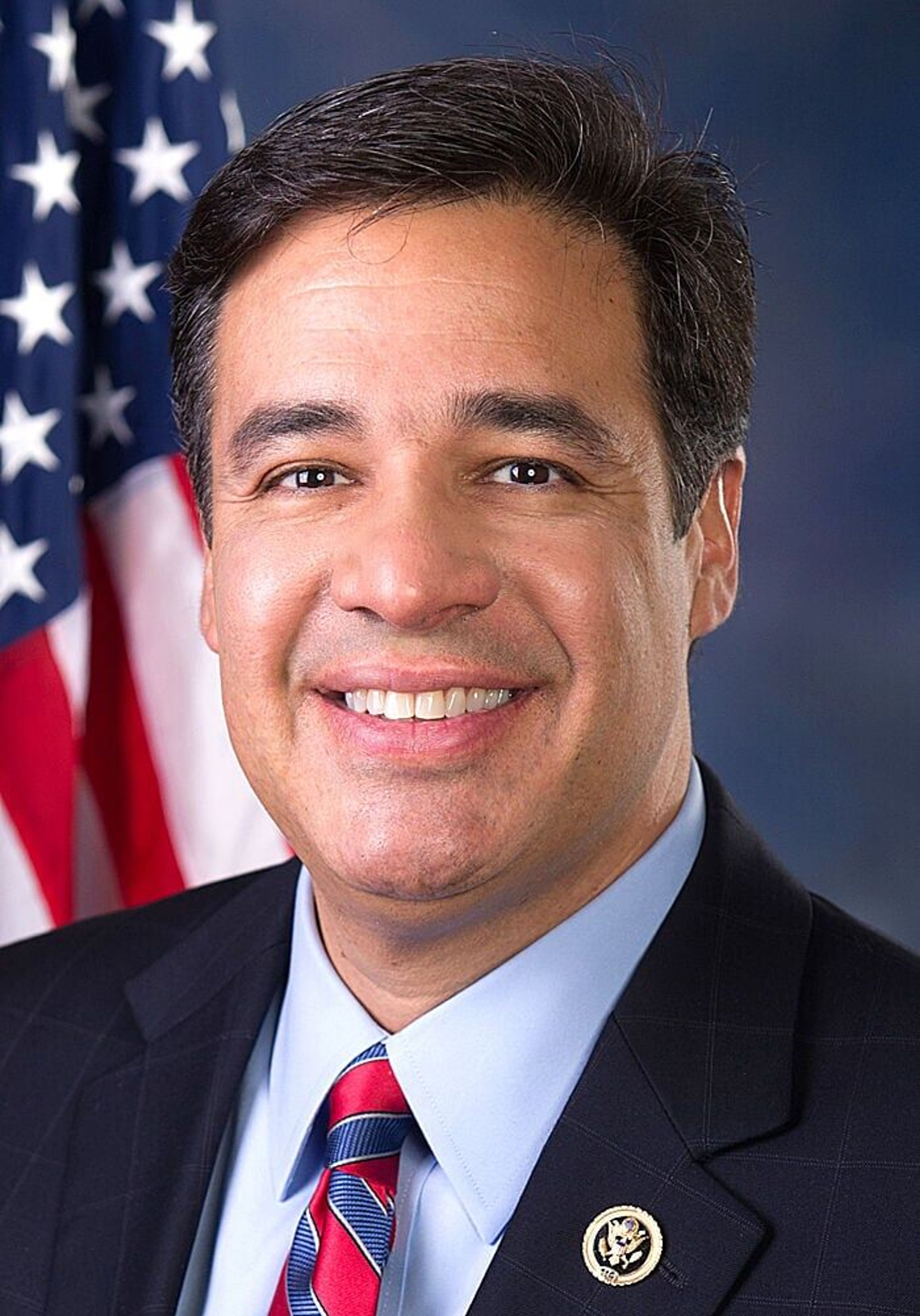Idaho AG files lawsuit over close-door meeting that led to University of Phoenix purchase
Lawsuit is against State Board of Education for a violation of Open Meetings Law; no response to suit yet from board or University of Idaho
The Idaho Attorney General’s Office has filed a lawsuit alleging the State Board of Education violated the Open Meetings Law in proceedings leading up to approval of a state university acquiring a for-profit online school.
In court documents filed Tuesday in Ada County 4th District Court, Attorney General Raúl Labrador and Solicitor General Theo Wold argue that at least one of the executive sessions held by the state education board regarding the University of Idaho’s proposal to purchase the University of Phoenix should have been held publicly. The lawsuit says that if the meetings were held in violation of code, then subsequent actions by the board regarding the transaction are “null and void.”
The State Board of Education and University of Idaho both declined to comment on pending litigation.
The attorney general’s office confirmed that the lawsuit hasn’t been served yet and it won't be if the state board chooses to hold the meetings in question again in public.
“A number of people have raised concerns about the legality and transparency of the University of Idaho’s purchase of the University of Phoenix,” attorney general office spokesperson Beth Cahill said in an emailed statement. “In our review of the Idaho State Board of Education (ISBE) meeting timeline, it does not appear the parties involved in this transaction satisfied the requirements of Idaho’s Open Public Meetings Law, outlined in Idaho Code Section 74-206(1)(e). Attorney General Labrador will do whatever is legally necessary to ensure that ISBE and the University of Idaho comply with Idaho’s commitment to transparency. If a violation occurred, our office will work with ISBE to ensure any breach is cured.”
The education board held three executive sessions on March 22, April 25 and May 15, according to board meeting materials. The exemption in code cited as legal justification to hold these meetings behind closed doors was, to “consider preliminary negotiations involving matters of trade or commerce in which the governing body is in competition with governing bodies in other states or nations.”
The lawsuit argues the May 15 meeting likely did not discuss negotiations that were "preliminary," as three days later the board approved the proposal to create a not-for-profit organization in order to acquire the online university.
“In effect, the May 18, 2023, vote was an illegal pro forma meeting to ratify a half-billion-dollar agreement whose terms were discussed and established outside of public view in direct contravention of Idaho’s Open Meeting Law,” the lawsuit states.
It also argues that it wasn’t proven that the University of Idaho was “in competition with governing bodies in other states or nations” by the time the board held its May 15 meeting. On April 24, the University of Arkansas Board of Regents rejected a similar proposal to acquire the University of Phoenix. Because of this, the lawsuit argues that the University of Arkansas “had already removed itself from competition” by the time the last executive session was held.
During a hearing with the Joint Finance and Appropriations Committee on June 16, several committee members questioned the secrecy of negotiations ahead of the May 18 decision, the Daily News previously reported. Those involved in negotiations had been under strict nondisclosure agreements, and most of the public didn’t know of the proposed acquisition until the day before the state board voted to allow it to move forward.
UI President Scott Green faced questions from JFAC Co-Chair Rep. Wendy Horman, R-Idaho Falls, over who the other interested party was that necessitated the executive sessions; Green responded that they were told two other entities were interested but he doesn’t know who they were. State Board of Education Executive Director Matt Freeman also said they were told two other states were in competition for the purchase and that the board’s deputy attorney general counsel had said it was an appropriate exemption from the open meetings law.
Green also said negotiators were working up until the morning of the vote, in response to questions about whether negotiations were preliminary.
“We did not have a deal or even an outline to where we felt comfortable bringing it to the state board until that morning,” Green said. "... these were preliminary, they were just keeping the board up to date, trying to answer any questions that they had.”
The lawsuit is asking the court to declare that the May 15 meeting violated the open meeting law and that the May 18 vote is “null and void.”
Green has said the university has throughly evaluated the transaction and expressed confidence in its legality and its potential for benefiting UI.
“I wouldn’t be standing before you today ... if we did not have the full confidence of the team of experts who performed this detailed due diligence and helped us structure this transaction,” Green told JFAC members.
Cahill wrote of the lawsuit, “An open and honest government is fundamental to a free society. The Idaho Legislature formalized our state's commitment to open government by enacting the Idaho Open Meeting Law in 1974. The Open Meeting Law codifies that the public's business should be done publicly and requires the Idaho Attorney General to vindicate the people’s paramount interest in transparency.”
The transaction is not yet complete, it will need to be approve by both schools' accreditors.
Guido covers Idaho politics for the Lewiston Tribune, Moscow-Pullman Daily News and Idaho Press of Nampa. She may be contacted at lguido@idahopress.com and can be found on Twitter @EyeOnBoiseGuido.





